Top Class Actions’s website and social media posts use affiliate links. If you make a purchase using such links, we may receive a commission, but it will not result in any additional charges to you. Please review our Affiliate Link Disclosure for more information.
UPDATE: On Dec. 11, 2020, the U.S. Supreme Court rejected a Texas lawsuit seeking to overturn the election results for President-elect Joe Biden.
Texas Attorney General Ken Paxton filed a petition with the U.S. Supreme Court on Monday asking the justices to disregard the election results in four of the nation’s key battleground states and prevent their electoral votes from being cast or counted.
Pennsylvania, Georgia, Michigan and Wisconsin – all states where the majority of voters selected Democrat Joseph R. Biden to be the next president – took advantage of the coronavirus pandemic to change election laws and weaken ballot integrity, Paxton claims. What’s more, those states then “flooded their citizenry with tens of millions of ballot applications and ballots,” his petition says.
“Whether well intentioned or not, these unconstitutional acts had the same uniform effect,” Paxton wrote, “they made the 2020 election less secure in [those] states.”
A vocal supporter of President Donald J. Trump, Paxton’s arguments to the Supreme Court are similar to many of those that have been made by Trump and his legal team before, during and after the November election.
Trump and his supporters have filed numerous lawsuits in the same states Paxton is targeting, and others, in an attempt to overturn the election results and prevent Biden from taking office. Dozens of the lawsuits, petitions and legal actions have been dismissed, denied or rejected by state and federal courts in Pennsylvania, Georgia, Michigan, Wisconsin, Arizona and Nevada. Biden beat Trump in all those states, according to their certified vote totals.
The president also tried appealing directly to the Supreme Court, but his case was rejected because the law requires such matters be initiated in the lower courts – a step Trump’s lawyers said they tried to skip because of time constraints.
Paxton was able to petition the high court because it has jurisdiction over disputes between the states, but it remains to be seen whether the justices will agree to consider it.
Trump has refused to concede the race despite the fact that Biden earned 51.3% of the national popular vote and is on course to receive 306 Electoral College votes to Trump’s 232.
The Electoral College is set to convene Dec. 14 and Congress is scheduled to officially count the electoral votes on Jan. 6.
With those deadlines looming, Paxton asked the high court to set an expedited schedule for his case that would require the defendant states to file briefs in response to his claims on Wednesday and hold oral arguments on Friday. The accelerated timeline would “remove the cloud over the results of the 2020 election,” the petition says.
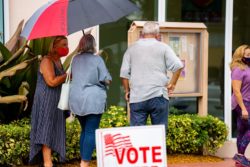
The secretaries of state and other election administrators in Pennsylvania, Georgia, Michigan, and Wisconsin who enacted changes that allowed for greater use of mail-in ballots this year did so illegally and therefore those states should be disqualified from the Electoral College, the Texas attorney general says.
Although other states also made changes to their voting laws due to the COVID-19 pandemic – 30 of them in total, including Texas – Paxton is only challenging the four states where the changes were made by election officials and the election results favored Biden.
Texas has the legal standing to challenge the battleground states, Paxton is claiming, because its voting power will be diluted by their unlawfully cast ballots.
The attorneys general of Pennsylvania, Georgia, Michigan, and Wisconsin have each said Paxton’s claims are invalid and have been proven as such in several of the previous cases filed on the same grounds.
“I feel sorry for Texans that their tax dollars are being wasted on such a genuinely embarrassing lawsuit,” Josh Kaul, attorney general of Wisconsin, tweeted Tuesday. “Texas is as likely to change the outcome of the Ice Bowl as it is to overturn the will of Wisconsin voters in the 2020 presidential election.”
Are you a resident of Pennsylvania, Georgia, Michigan or Wisconsin? What do you think about Texas Attorney General Ken Paxton’s decision to try to change the election results in your state? Tell us about it in the comment section below.
The State of Texas is represented by Paxton, First Assistant Attorney General Brent Webster and Special Counsel to the Attorney General Lawrence Joseph.
The Election Results Lawsuit is State of Texas v. Commonwealth of Pennsylvania, et al., in the Supreme Court of the United States.
Read About More Class Action Lawsuits & Class Action Settlements:

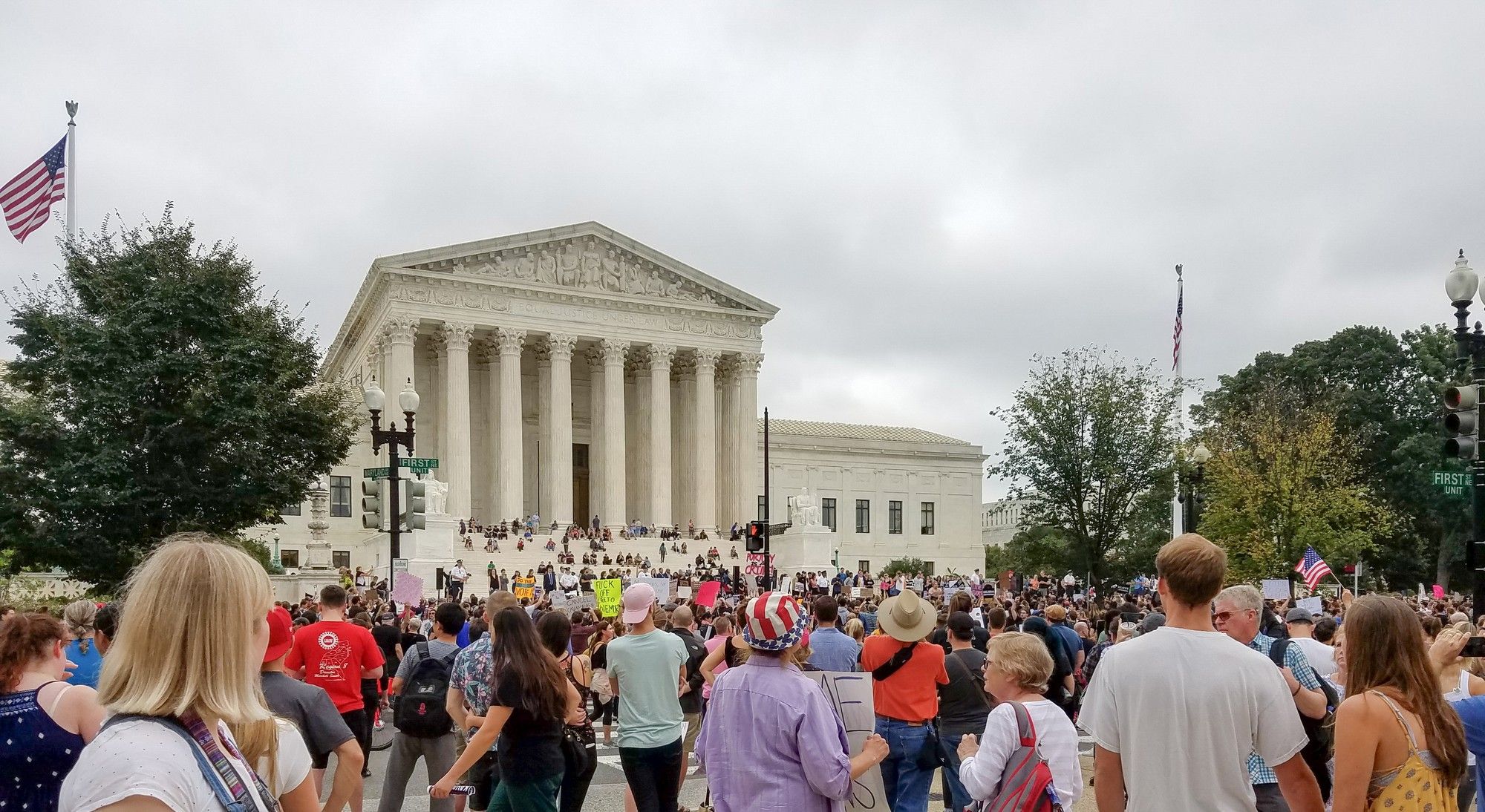




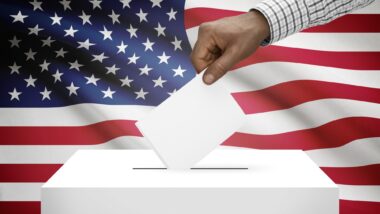

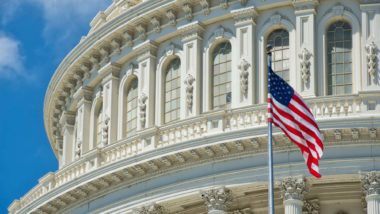
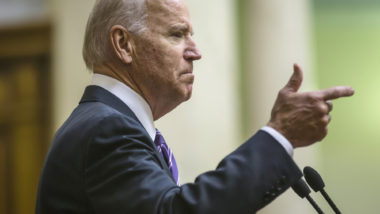
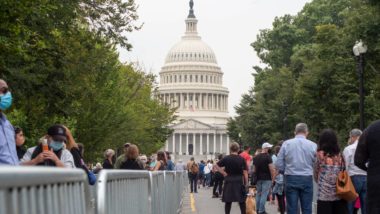
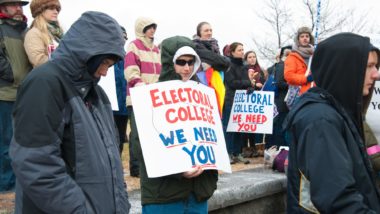
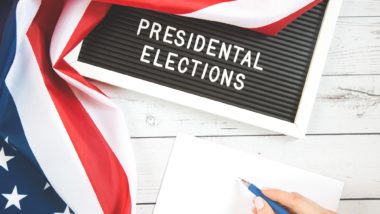

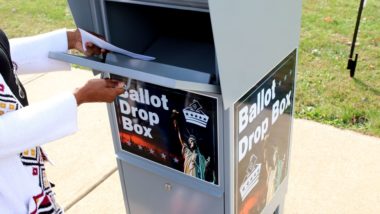
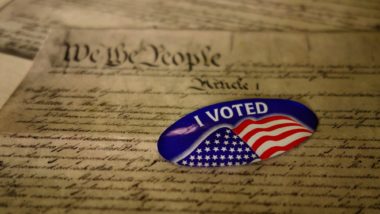
One thought on Texas AG Petitions SCOTUS to Toss Out Election Results in Four Battleground States
Please continue to represent the honest people of this country!! Thank You